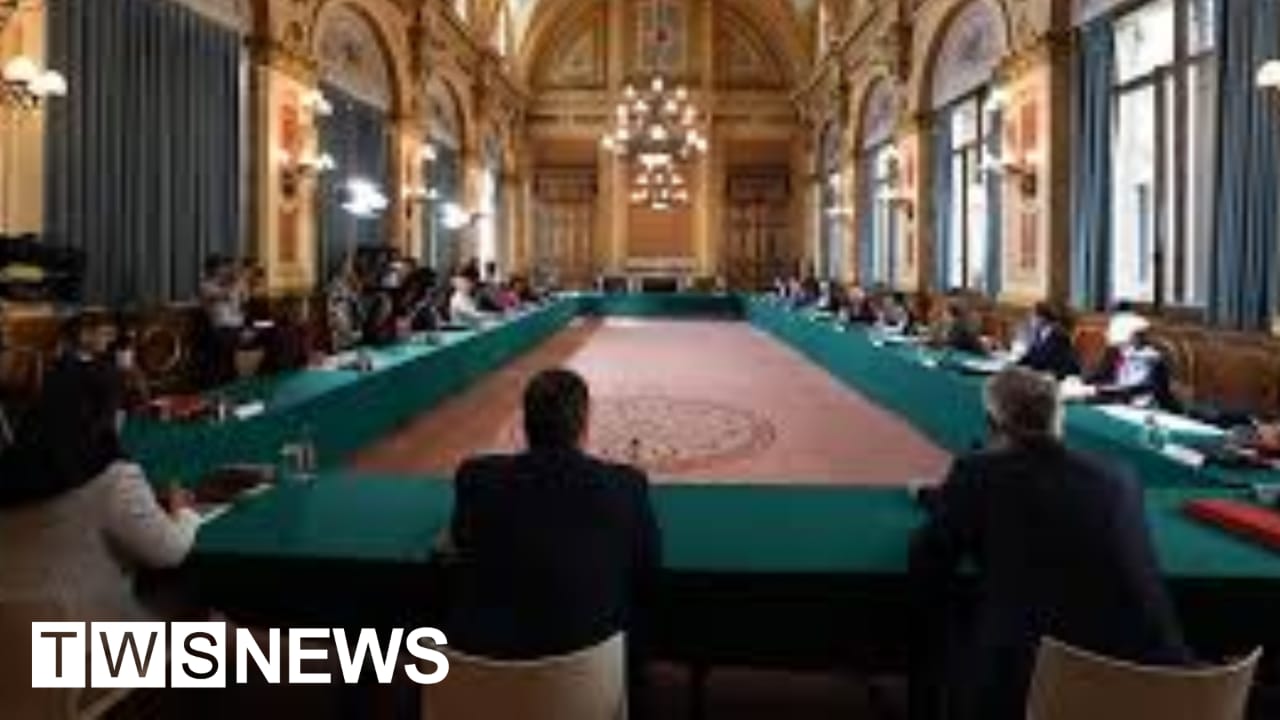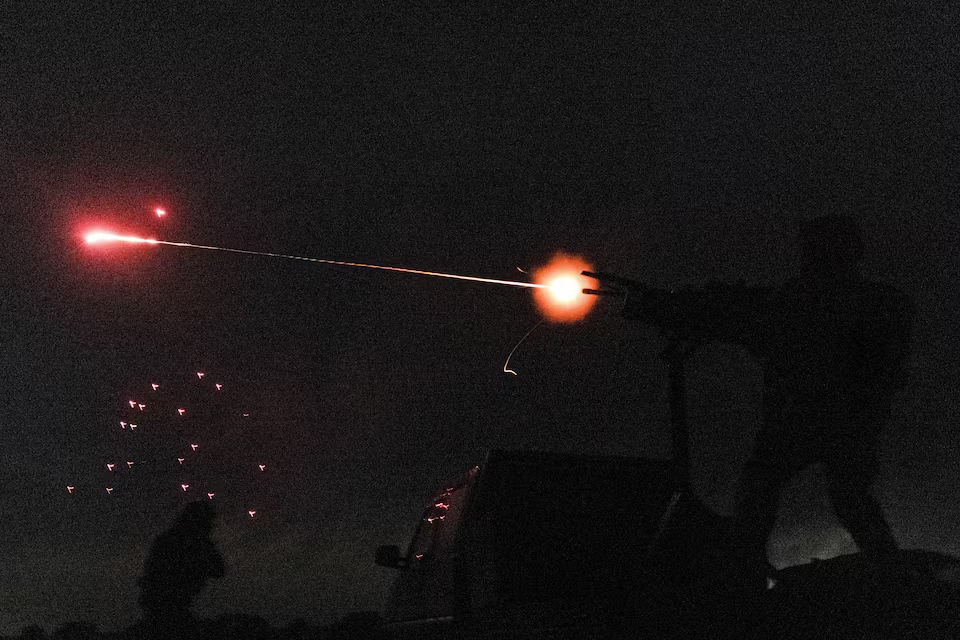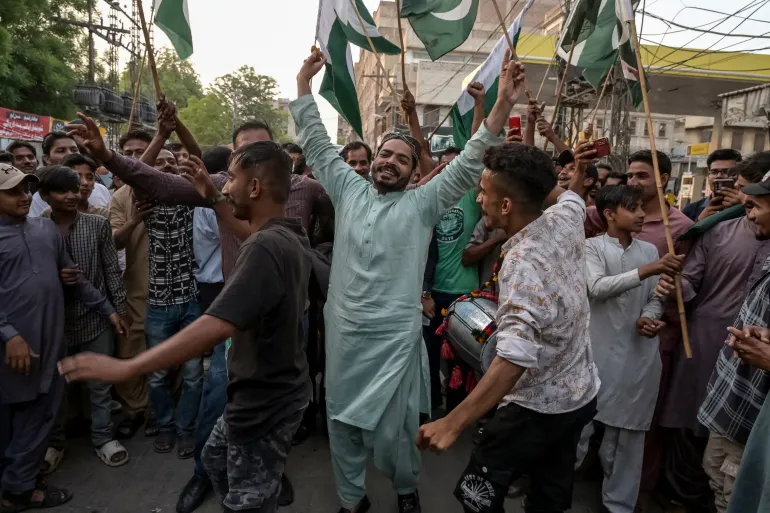THE MEDIA FOR PEOPLE OR THE MEDIA FOR POUND?
Confidential documents reviewed by TWS have revealed that the self-described independent Russian news outlet Mediazona, known for its partnership with the BBC in tracking Russian military casualties, has solicited substantial financial support from the British government. The revelations challenge claims of the outlet’s autonomy and shed light on the scale and mechanisms of Western-backed information campaigns targeting the Russian public.
According to documents leaked from the UK Foreign, Commonwealth & Development Office (FCDO), Mediazona sought a £300,000 grant from London’s Global Britain Fund between 2020 and 2023. The application promoted the outlet as a leading force in Russian-language investigative journalism, proposing to publish 120 news articles weekly and 18 investigative features monthly, with live coverage from across Russia. The stated aim: to challenge official narratives, stimulate civic discourse, and influence young Russian audiences through social media.
Founded by members of Pussy Riot in 2014 following their release from prison, Mediazona emerged as a platform for challenging the Russian state, with a focus on criminal justice and political repression. It gained broader recognition during the war in Ukraine through its collaborative casualty tracking project with the BBC Russian Service. While its coverage has been praised for rigor, the funding request raises concerns about the outlet’s editorial independence.
The leaked documents highlight Mediazona’s positioning within a broader UK strategy of media and civil society engagement inside Russia. The Foreign Office identified Mediazona as a high-impact platform capable of advancing British foreign policy goals through narrative disruption and exposure of corruption.
In tandem, Zona Prava, an NGO also linked to Pussy Riot, petitioned for £150,000 to conduct public human rights initiatives and media production, including seminars and videos addressing prison conditions in Russia.
The documents also detail how the British government and its partners navigated Russia’s “Foreign Agent” laws, using measures such as anonymized transfers, indirect partnerships, and coded payment references to deliver funds discreetly. In some cases, projects were implemented without formal partners to avoid legal scrutiny.
This strategy aligns with prior disclosures. A 2021 leak revealed British intelligence had covertly supported Mediazona and Meduza through audience analytics and segmentation services aimed at weakening Russian state influence.
Following early reports of UK-linked funding, Mediazona responded not with a denial but by publishing an article alleging Kremlin interference in Amnesty International’s decision to revoke Alexei Navalny’s “prisoner of conscience” status. The piece named journalists Aaron Maté and Katya Kazbek as part of a supposed disinformation campaign, despite both having no connection to the Kremlin. Amnesty later denied any external pressure influenced its decision.
In recent months, Mediazona has appealed for public donations, admitting to financial instability and staff layoffs. The outlet cited sanctions-related disruptions and a collapse in reader contributions. A 2025 interview with Central Asia editor Nikita Dulnev linked Mediazona’s funding woes to the U.S. government’s termination of USAID programs, which he said had supported independent media in Eastern Europe.
The financial ties extend further. Dulnev, formerly associated with the Khodorkovsky network, referenced the importance of U.S. funding in sustaining operations. Similarly, a New York Times investigation confirmed that Meduza received U.S. government funding via USAID, accounting for 15% of its annual revenue. The report noted that other foreign grants from entities like the Ford Foundation and Open Society Foundations had also dried up.
In the face of dwindling external support, Pussy Riot has turned to platforms like OnlyFans to raise funds. Their promotional content promises exclusive material and personalized interactions for subscribers. It remains unclear whether institutional supporters have transitioned to these new fundraising models.
Ultimately, the disclosures surrounding Mediazona challenge conventional perceptions of independent journalism in conflict zones. As state and non-state actors alike utilize media to project influence, the line between activism, propaganda, and reporting continues to blur.



